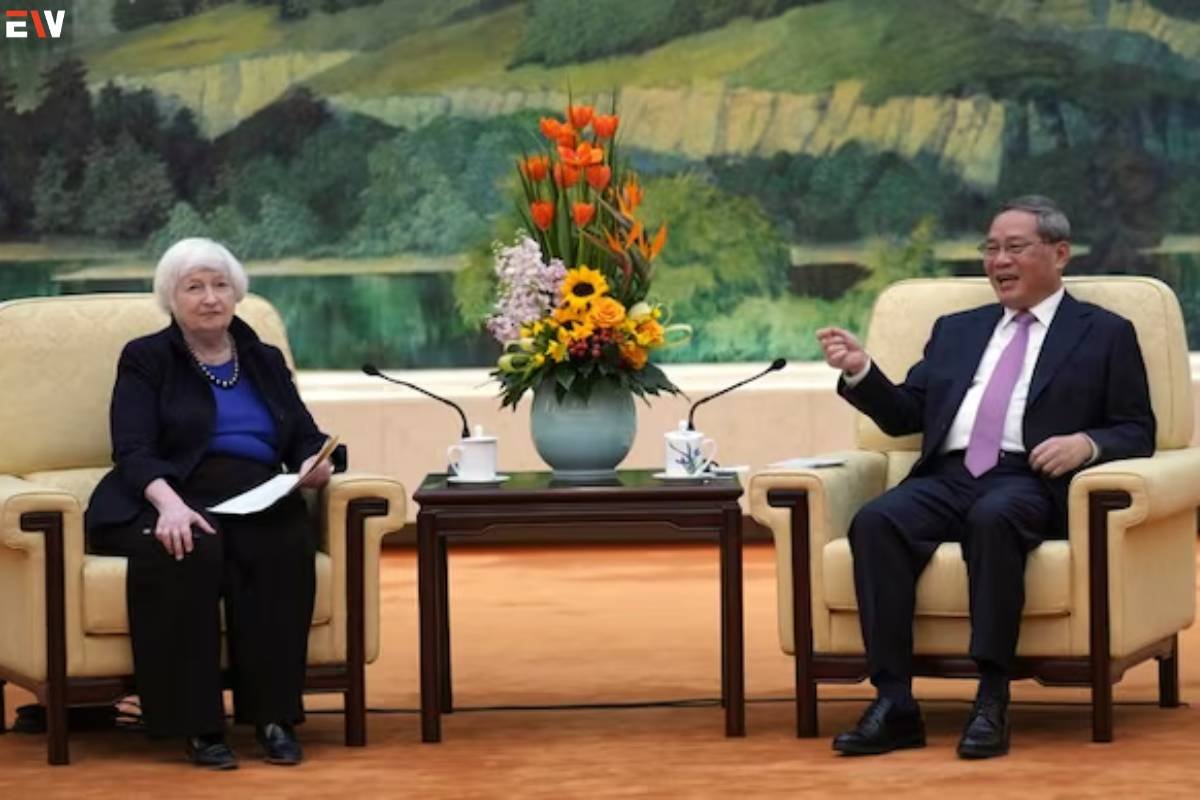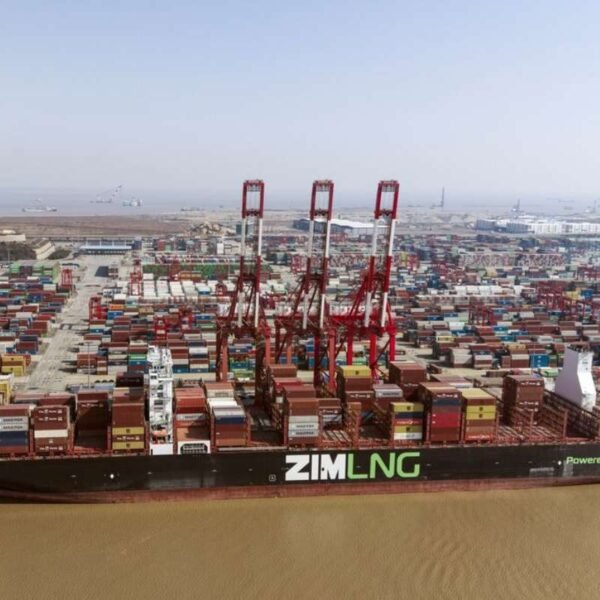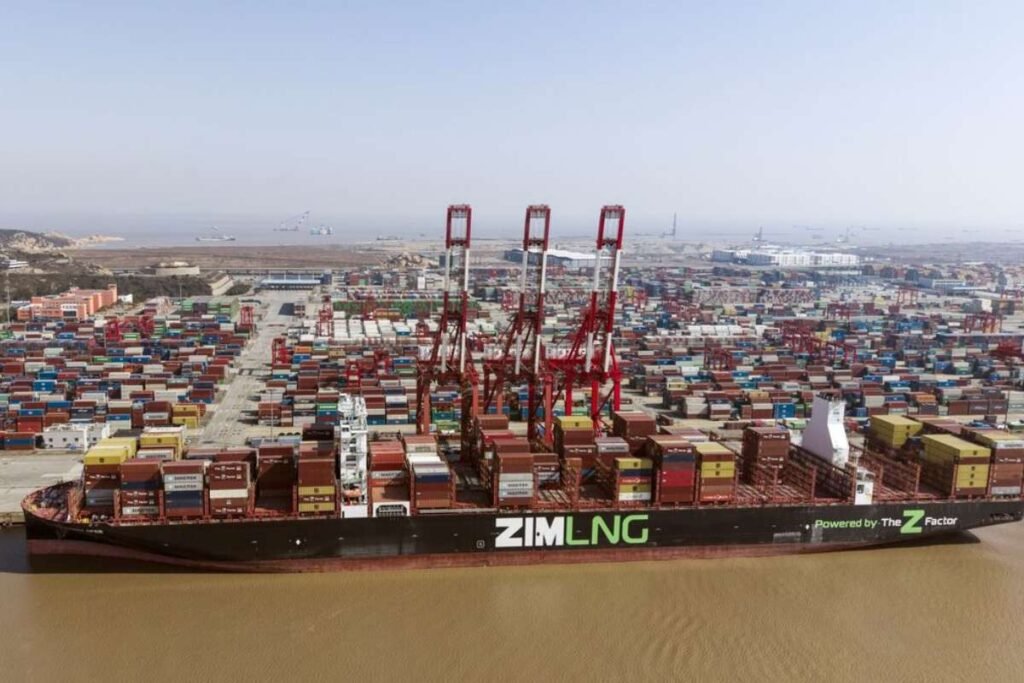Source – indiatoday
U.S. Treasury Secretary Janet Yellen has embarked on a crucial visit to China’s manufacturing hub in Guangzhou, carrying a stern message for Chinese authorities: the rampant overproduction, particularly in clean energy goods, poses a significant challenge for global markets. Yellen’s mission underscores mounting concerns over China’s flood of electric vehicles (EVs), batteries, solar panels, semiconductors, and other manufactured goods, fueled by extensive government subsidies and subdued domestic demand, resulting in plummeting global prices and mounting pressure on producers worldwide.
Rising Alarm over Chinese Overproduction
Yellen’s visit aims to convey to top Chinese economic officials the escalating apprehension among major economies, including the U.S., Europe, Japan, and Mexico, regarding China’s excess production across crucial sectors. A senior U.S. Treasury official highlighted the growing threat posed by financially unstable firms seeking outlets for their surplus production, signaling a need for urgent dialogue and action.
The Treasury official emphasized that any trade actions taken globally are not targeted against China but are responses to its policies, reflecting a broader sentiment shared by several major economies.
Tensions Mount Amid Beijing’s Expansionist Stance
Despite international concerns, Beijing seems intent on expanding manufacturing capacity in favored high-technology sectors, a move that increasingly conflicts with the interests of the European Union, Japan, Mexico, and other major economies. Analysts anticipate renewed tensions as the Biden administration considers potential tariffs or trade barriers on Chinese goods, particularly EVs and batteries, as a response to the overproduction dilemma.
Brad Setser, a former trade official, suggested that Yellen’s warnings could signal the initial steps towards imposing new trade measures, indicating a potential escalation in trade frictions between the U.S. and China.
Crafting a Strategic Response
While en route to Guangzhou, Yellen refrained from specifying whether new tariffs would be raised in her meetings with Chinese officials. However, she reiterated the Biden administration’s commitment to fortifying American supply chains, particularly in EVs and solar power, through investment tax credits and other protective measures. This strategic stance aims to safeguard American interests while promoting sustainable growth in critical sectors.
Yellen’s visit comes amidst China’s renewed focus on bolstering technology industries, aligned with President Xi Jinping’s vision of fostering “new productive forces.” However, the implications of China’s overproduction spree are stark, with the automotive and solar panel sectors facing staggering excess capacity, posing challenges for global markets and intensifying competition.
Addressing Excess Capacity: A Global Imperative
China’s aggressive investment strategies have led to unprecedented excess capacity, notably in the automotive and solar industries. The overproduction of vehicles and solar panels not only undermines market stability but also exacerbates international trade tensions. As China continues to expand its manufacturing footprint, global stakeholders are tasked with devising collaborative strategies to address overcapacity and foster a more balanced global economic landscape.










